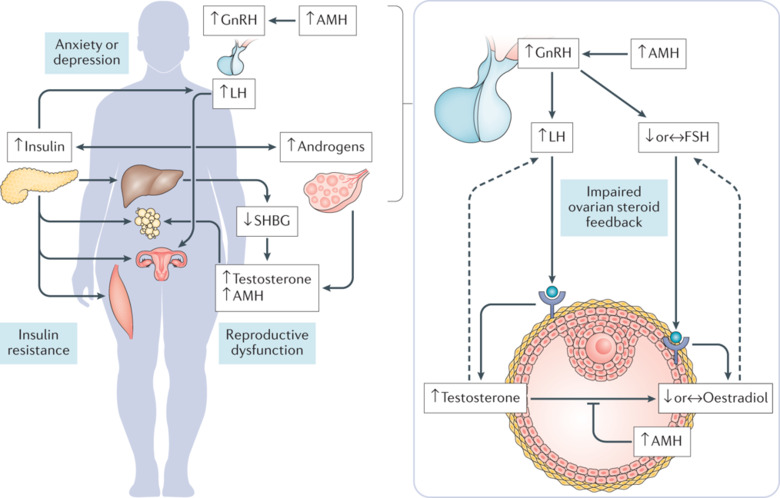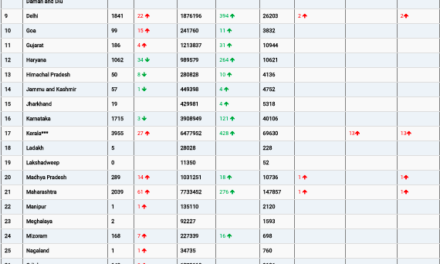A groundbreaking study by a team of metabolic specialists and molecular biologists at Fudan University’s Zhongshan Hospital, along with colleagues from other institutions in China, has revealed that some antimalarial drugs may offer a new treatment avenue for polycystic ovarian syndrome (PCOS) in women.
Published in the journal Science, the study focused on the drug dihydroartemisinin, a derivative of artemisinin, which was tested on both mice and a small group of women diagnosed with PCOS. Elisabet Stener-Victorin, a researcher at the Karolinska Institutet, provided a Perspective piece in the same journal, highlighting the potential impact of this research on future PCOS treatments.
PCOS is a common hormonal disorder among women of reproductive age, characterized by the growth of multiple cysts on the ovaries. This condition leads to symptoms such as abdominal pain, irregular menstrual cycles, excessive hair growth, acne, and often obesity. The root cause of PCOS remains unknown, and while it is currently incurable, various therapies exist to manage its symptoms. The new study suggests that antimalarial drugs might offer significant relief.
The inspiration for this research stems from previous findings where artemisinin was shown to help convert white adipose fat into beige adipose fat in obese individuals, facilitating easier fat burning through exercise. Given the known connection between brown adipose fat levels and PCOS, the researchers hypothesized that artemisinin might also benefit PCOS patients.
To test this hypothesis, the researchers first administered dehydroepiandrosterone, an androgen, to mice to induce PCOS-like symptoms. Following this, the mice were treated with artemisinin, which successfully prevented elevated testosterone levels and the development of ovarian cysts.
Encouraged by these promising results, the team initiated a small clinical trial with 19 women suffering from PCOS. Each participant received artemisinin three times daily for three months. Remarkably, 12 of the women experienced more regular menstrual cycles, and nearly all participants showed reduced testosterone levels in their blood. Furthermore, the development of ovarian cysts was notably diminished.
This pioneering research indicates that artemisinin and its derivatives could represent a new therapeutic strategy for managing PCOS, potentially transforming the treatment landscape for this condition.
For more information, refer to the study: Yang Liu et al, “Artemisinins ameliorate polycystic ovarian syndrome by mediating LONP1-CYP11A1 interaction,” Science (2024).











